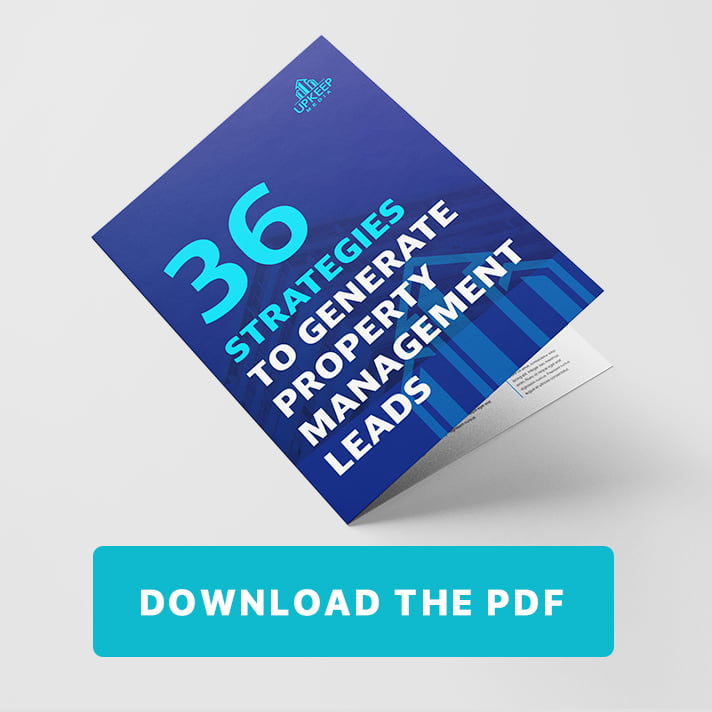If you are an aspiring property manager located in Georgia, you may be wondering: what exactly does it take to start my own company? What do I need to do to reach my goals?
Luckily, you have come to the right place.
Starting a property management company can be an incredibly lucrative and fulfilling career.
However, it also requires a lot of hard work and strategy in order to succeed in the long run.
If you are overwhelmed by this, we understand. The idea of starting your own company in any industry can be daunting.
That’s why we at Upkeep Media are going to help to break it down into smaller steps for you.
In this blog post, we will talk about everything you need to know about starting a property management company in Georgia, discussing the necessary steps you will need to follow.
If you are ready to learn more, keep reading!
What Exactly Does a Georgia Property Management Company Do?
Ask any successful property manager and they will tell you: property management is a lot of work. So, do you have what it takes?
What qualities make up a successful property manager? What skills will you need in order to succeed at the job?
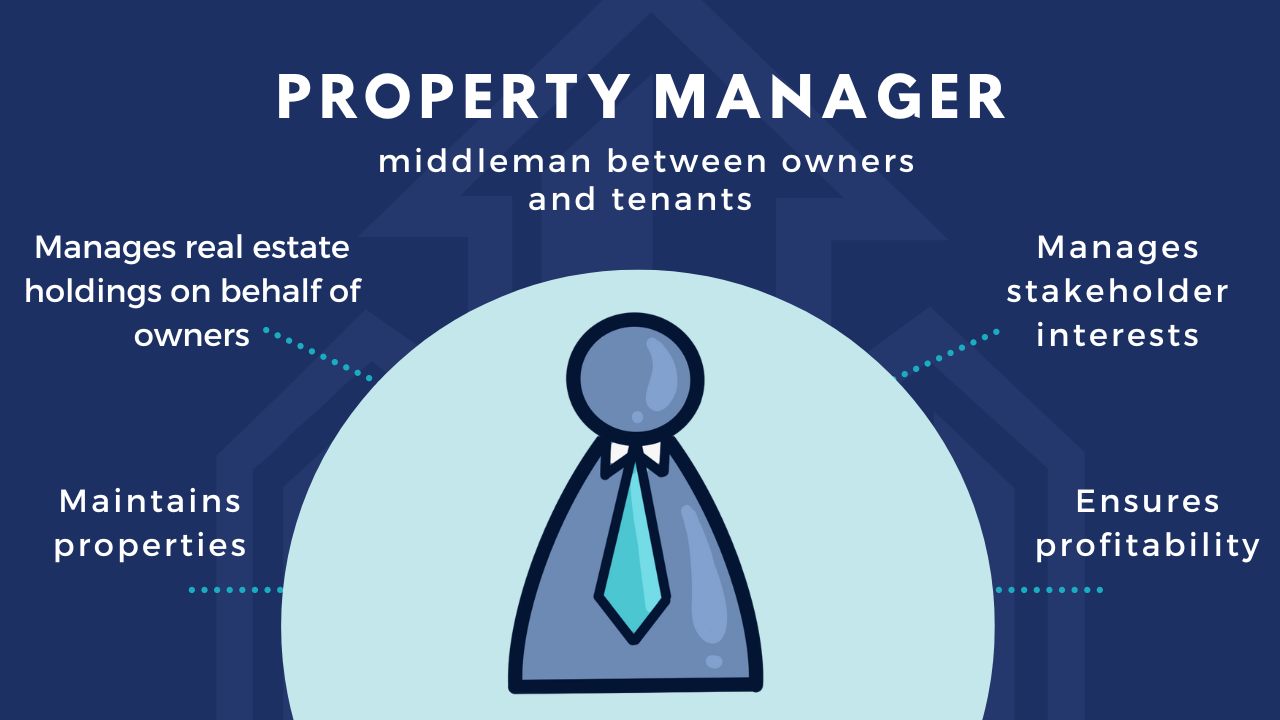
First, the field of property management mostly involves dealing with a wide variety of people, so it is important to have strong interpersonal and communication skills.
Whether you are reaching out to new clients or de-escalating a tenant dispute, it is crucial to be able to connect with people on a professional and personal level on a day to day basis.
Second, you will need to be a focused individual who is motivated and hardworking. Starting your own company in any industry requires a lot of determination and property management is no different.
After you have gone through the process of setting up your business and gaining clients, your job will consist of a long list of responsibilities and tasks every day.
As a property manager, you need to be able to remain organized, put out fires, problem solve, and handle anything that life throws at you.
As far as knowledge and skill goes, there are a lot of things that you will need to have expertise in as a property manager.
For example, before you start your property management company, it is critical that you are well versed in Georgia’s specific set of landlord-tenant laws.
These laws tend to vary state to state, so while you may be familiar with another state’s laws, you will need to know the regulations that are specific to Georgia before you begin managing properties.
Failing to do this could lead you to end up in legal consequences, so it is crucial that you do not skip this step.
Step 1: Understand the Different Ways to Structure Your Property Management Company
At the beginning of starting your property management company, you want to make sure that everything is correctly set up and all of your bases are covered before you take even one property under your care.
This is the best way to set yourself up for success in the long run.
As with any business, you will need to look into Georgia’s specific state laws regarding how to set up a legal entity for your company.
We recommend working with a licensed attorney that specializes in Georgia business laws to help get you started and ensure that you don’t miss anything.
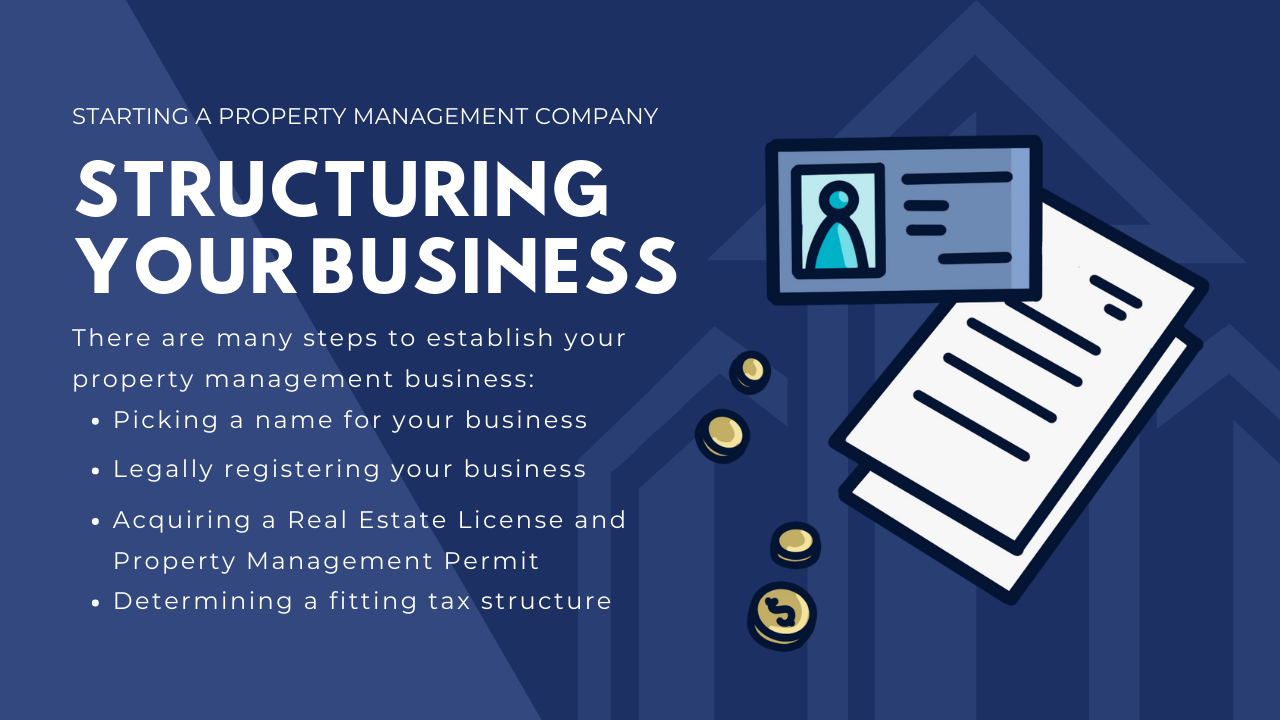
Once your property management company has legally been set up as an official entity, you will need to figure out the rest of the logistics regarding how your business will operate.
For example, where will you do your work from? What do you want to name your property management company? While you can definitely rent an office space to manage properties from, it can also be a good idea to simply work from a home office. This is a more affordable option for a new business owner.
However, for the sake of professionalism and privacy, we do recommend setting up a separate post office box for mailing if you do end up working from a home office.
Finally, you will need to set up a professional email address, phone number, and fax number so that your clients have a specific place to reach you that is separate from your personal contact information.
Step 2: Create a Strong Legal Contract & Have Knowledge of Georga Property Management Laws
Now that your company has been officially registered as a legal entity and you’ve begun outlining its structure, it’s crucial to craft a thorough, legally-binding contract tailored for your clientele in Georgia.
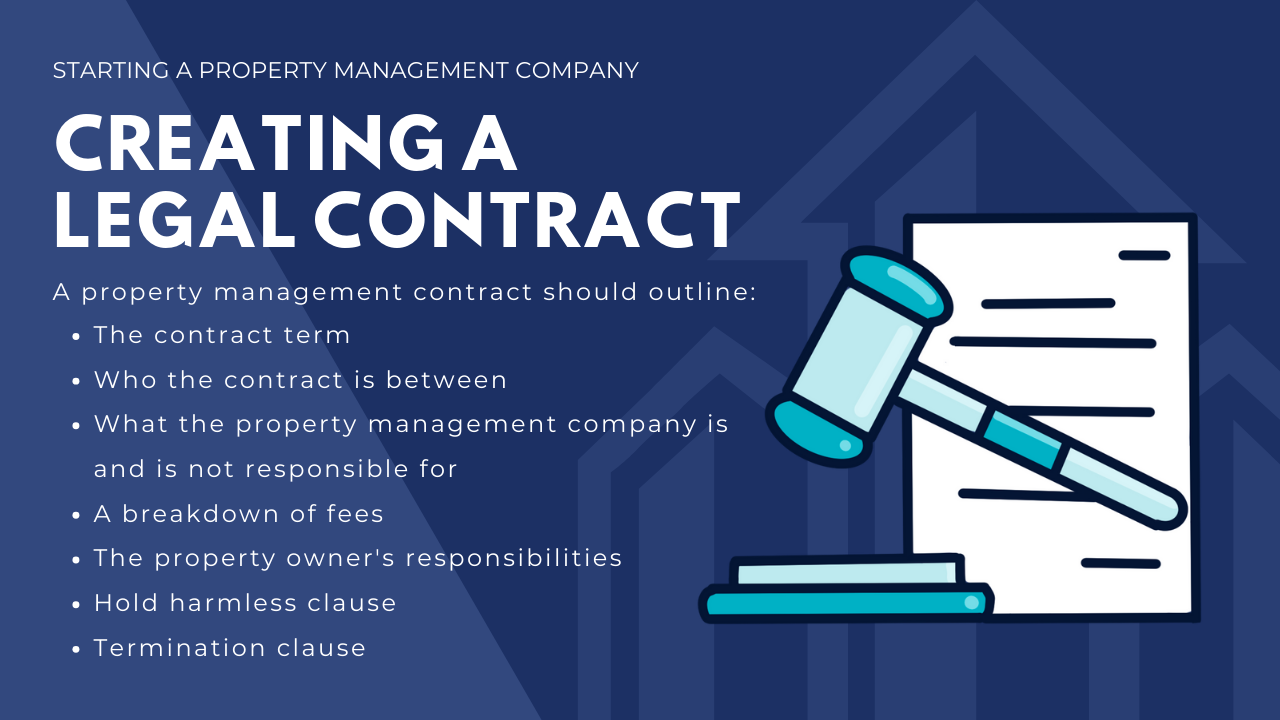
Initiating this process early is advisable, considering the time and financial investments it may entail, particularly in lawyer or attorney fees.
Collaborating with a legal expert specializing in property management ensures comprehensive protection against liabilities, fraud, and other various risks.
The contract should carefully adhere to Georgia laws and comprehensively address key aspects. Here’s a breakdown of what a property management contract should cover:
- Contract Term: Clearly define the duration of the contract.
- Parties Involved: Identify the parties involved, namely your company and the property owner.
- Responsibilities of the Property Management Company: This includes tasks such as property maintenance, tenant acquisition, rent collection, repairs, emergency maintenance, and other recurring obligations.
- Exclusions: Specify any responsibilities that the property management company will not undertake.
- Property Owner’s Responsibilities: Clearly outline the duties and obligations of the property owner.
- Fee Structure: Provide a transparent breakdown of fees owed by the property owner to the management company.
- Hold Harmless Clause: This legal provision absolves one or both parties from legal liabilities in case of injuries or damages incurred during the contract period.
- Termination Clause: Define the conditions under which either party can terminate the contract, with or without penalties.
By meticulously drafting a comprehensive contract, you can safeguard both your company’s interests and those of your clients, setting a solid foundation for a successful business relationship.
Step 3: Create a Business Plan and Scalable Structure for Your Georgia Real Estate Management Business
Every successful property manager knows the importance of beginning their business with a concrete plan for their company.
This plan ultimately serves as the foundational roadmap for your business, as it is crucial for you to determine your overall vision, strategies, and goals.
This will help you to become the best property manager that you can be in the long run.
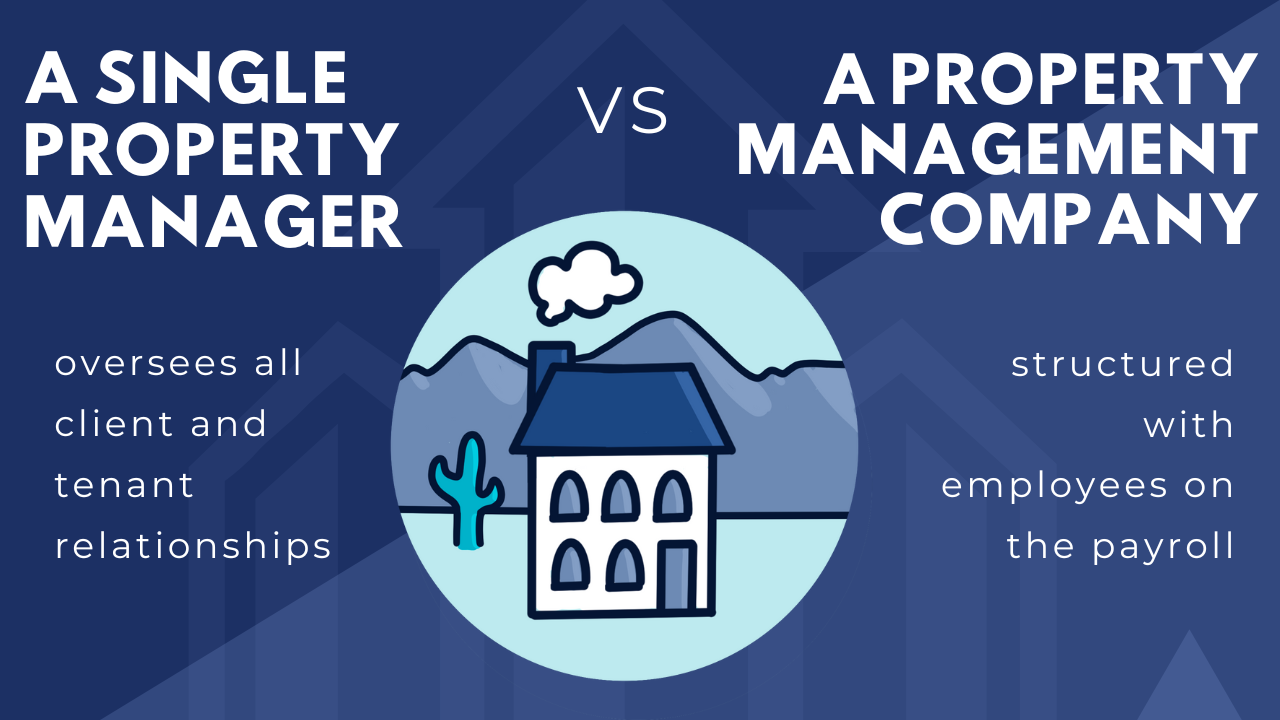
In this stage, it is absolutely crucial that you are able to take statistics and figures into account before you manage any properties or begin to seek out new clients.
There are three main components that absolutely must be present in your business plan.
The first is the projections on your company’s future income generation. In this estimate, it is always better to underestimate your income rather than overestimate it.
Maintain realistic expectations regarding how your business will perform in the first few years of operations, including the volume of properties you will have under your care and the amount that you will be able to charge for your services.
Second, you will want to have a company description and an executive summary. This will cover your property management company’s overall vision.
In this part of your business plan, you will want to identify what it is that makes your property management company different from all the other ones that also operate within Georgia.
This information will be crucial as you move into the later stages of marketing and attracting new clients.
Lastly, you will want to have a miscellaneous section of your business plan.
This should include information such as your product offering, pricing, marketing plans, sales strategies, SWOT analysis, expansion plans, property management techniques, the specific areas that you plan to work within, as well as your overall financial projections.
Step 4: Find a Software to Fit Your Needs
Given the nature of a property management business, which thrives on relationships, it’s paramount to maintain responsiveness and professionalism.
Always remember: Your reputation as a property manager stands as your most valuable asset.
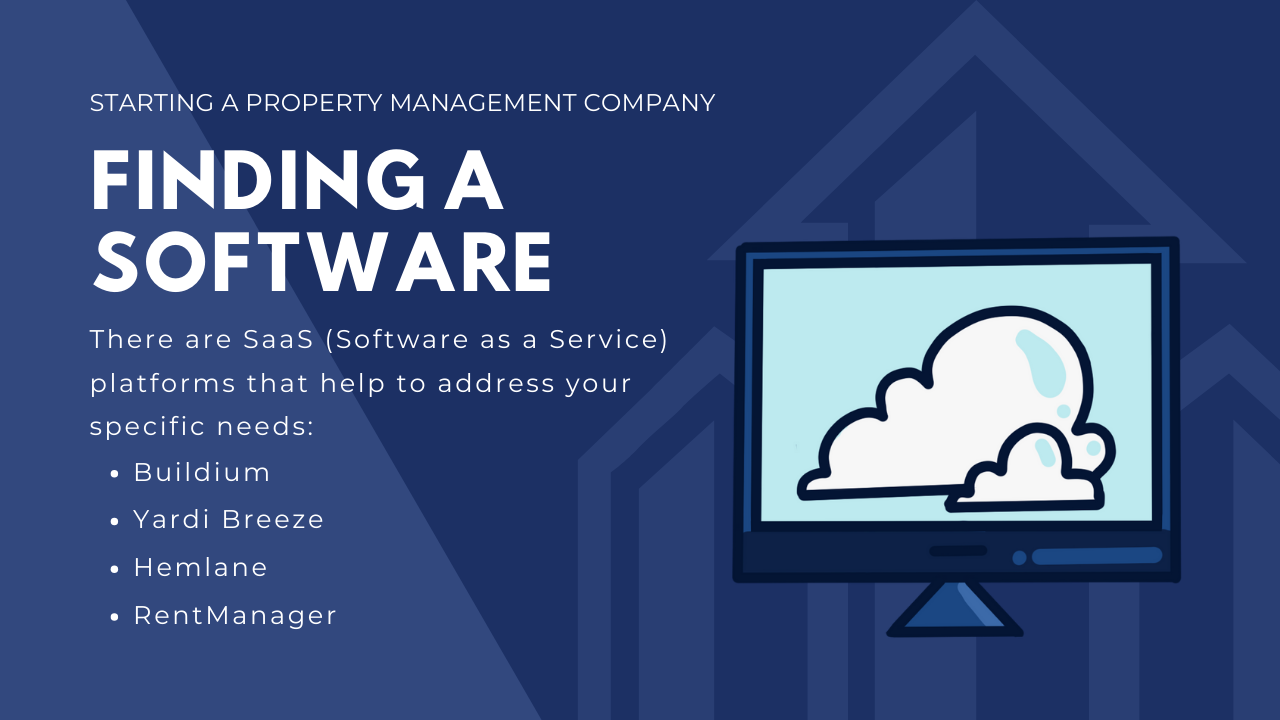
To help with this, you can automate and streamline your business with a plethora of software solutions, tailored to the unique demands of property management companies.
Selecting the right software can be daunting, but opting for a product that offers scalability to your business is key.
Several Software as a Service (SaaS) platforms cater specifically to property managers, offering comprehensive solutions. Notable examples include:
- Buildium
- Yardi Breeze
- Hemlane
- RentManager
However, particularly at the outset of your venture, these business management software packages may not be the sole solution for managing your property management operations.
With a bit of exploration, you’ll find a SaaS solution tailored to nearly every aspect of your business needs, ranging from tenant rent collection to maintenance order tracking, email management, and document sharing.
While these individual platforms may lack the intuitiveness and efficiency of all-in-one property management software, they often come at a lower cost and provide the flexibility to scale your business during its initial months or years of operation.
Investing time in researching these options can significantly improve your business as you navigate the early stages of your property management career.
Step 5: Market Your Georgia Property Management Business and Attract Leads
Once you have created your business plan and done some market research, it is time to go out and get your first few leads!
Joining a variety of real estate investment clubs in Georgia can help property managers forge new connections with a wide pool of real estate agents, investors, and landlords.
These connections lay the groundwork for potential collaborations and valuable client referrals, essential for establishing credibility and fostering a solid industry reputation.

But where do you find places to meet other industry professionals and grow your network in Georgia?
We recommend that you leverage online platforms like Google, Facebook, and LinkedIn, using SEO.
You can even join a variety of real estate related groups on Facebook that are specifically geared towards helping industry professionals connect with each other.
These platforms serve as valuable resources for connecting with like-minded professionals and expanding your professional network.
In addition to networking with real estate agents and investors, creating partnerships with individuals and organizations can significantly benefit your property management business is always a good idea.
Offering referral fees to real estate agents incentivizes collaboration and sets your company apart from competitors.
Exploring non-traditional networking avenues, such as engaging with hard money lenders with rental properties available, can also be beneficial.
While referrals can play a crucial role in business growth, implementing effective marketing strategies is equally vital for reaching a broader audience and acquiring clients in the long term.
Property managers in Georgia can utilize various strategies to attract prospective clients, including attending real estate business fairs, investing in online paid advertising, and optimizing their company website for search engines to enhance online visibility.
Advertising property management services on rental websites, distributing brochures to real estate agents and property owners, and sponsoring relevant TV programs are additional avenues to increase brand recognition and attract clients.
Leveraging popular social media platforms, attending landlord and residence association meetings, and distributing business flyers in targeted areas are effective methods to generate local interest and expand your client base.
Step 6: Determine Your Fee Structure
Once you’ve solidified your business structure and embarked on client acquisition, it’s time to establish your fee structure—a pivotal stage in your business development.
Setting prices too low risks undermining your credibility and perpetually struggling to cover expenses.
On the other hand, setting prices too high may deter potential high-quality clients.
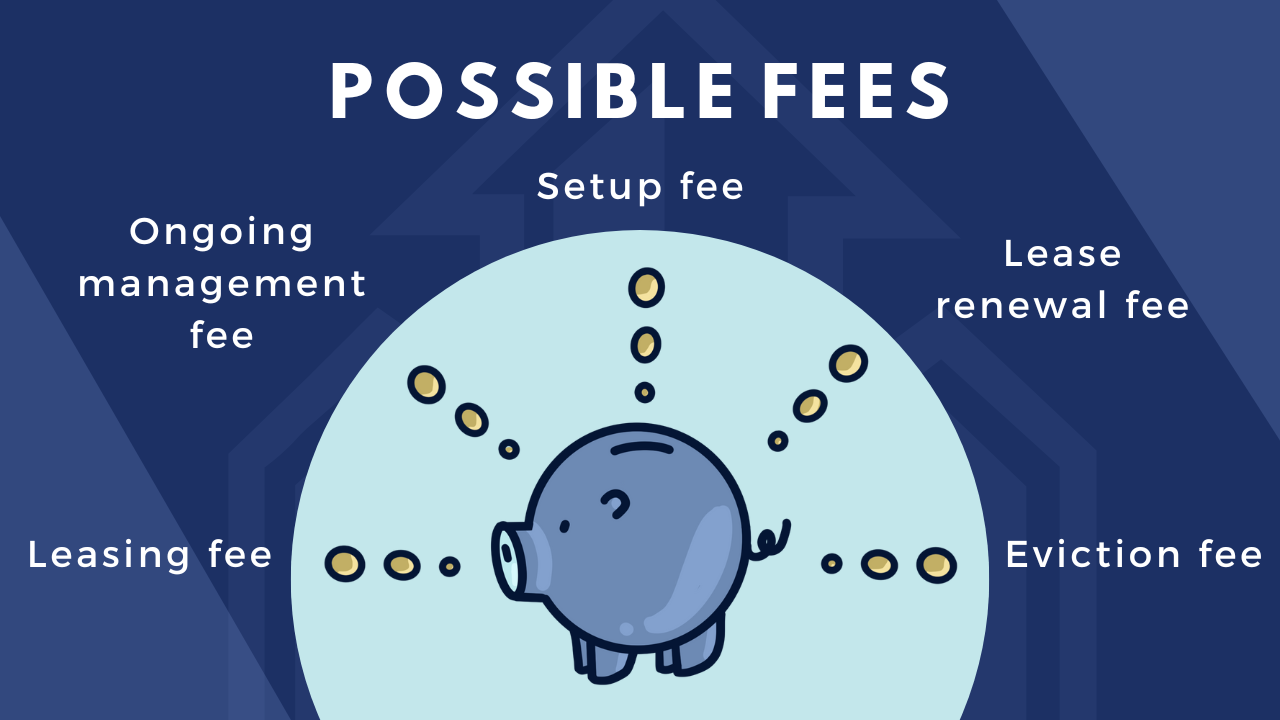
A crucial initial step in crafting a sustainable fee structure is understanding your local market and competitors’ pricing.
For newcomers in the real estate industry, you will need to gauge the market value of your services by researching similar property management businesses in your areas.
Furthermore, we advise delving deeper into this market analysis by exploring not just competitive pricing but also the distinctive fees and payment structures prevalent within the industry. Given that these fees can vary based on the city you operate in, it’s crucial to concentrate your search rather than solely relying on broad online guidelines.
In establishing your pricing structure, consider the following fees:
Setup Fee: A one-time charge for property owners in Georgia to initiate an account with your business, typically ranging from $200 to $300.
Ongoing Management Fee: The primary monthly income, typically 3-10% of the property’s monthly rental income. This fee covers daily operational expenses like tenant relationship management, rent collection, inspections, maintenance, and emergency repairs.
Leasing Fee: A one-time fee charged when a unit becomes vacant, often equivalent to one month’s rent or a portion thereof. It covers expenses related to tenant procurement, including staging, listing, vetting, and lease preparation.
Lease Renewal Fee: Occasional fee charged to tenants renewing their lease, particularly in highly competitive rental markets. Usually a few hundred dollars at most.
Eviction Fee: Optional but recommended, particularly if you’re facilitating the eviction process as the property owner liaison.
Tailoring your fee structure to align with the type of clients you aim to attract is essential. For instance:
- Managing large condo or apartment developments may necessitate a fee structure accommodating high tenant turnover and frequent emergency repairs.
- Single-family homes or higher-value properties may warrant additional maintenance or convenience fees.
- Long-term rentals may require different fee structures compared to short-term vacation rentals.
Regardless of your pricing strategy, maintain consistent, top-tier service across all clients to uphold your business reputation and maximize profits without compromising service quality.
Step 7: Continue Offering Great Property Management Services in Georgia and Continuously Re-Evaluate Your Business’ Success.
At the end of the day, as a property manager in Georgia, the most important thing about your company should be the quality of the services you are providing.
After all, even the best marketing strategies cannot help your business grow if your services do not provide value to your clients.
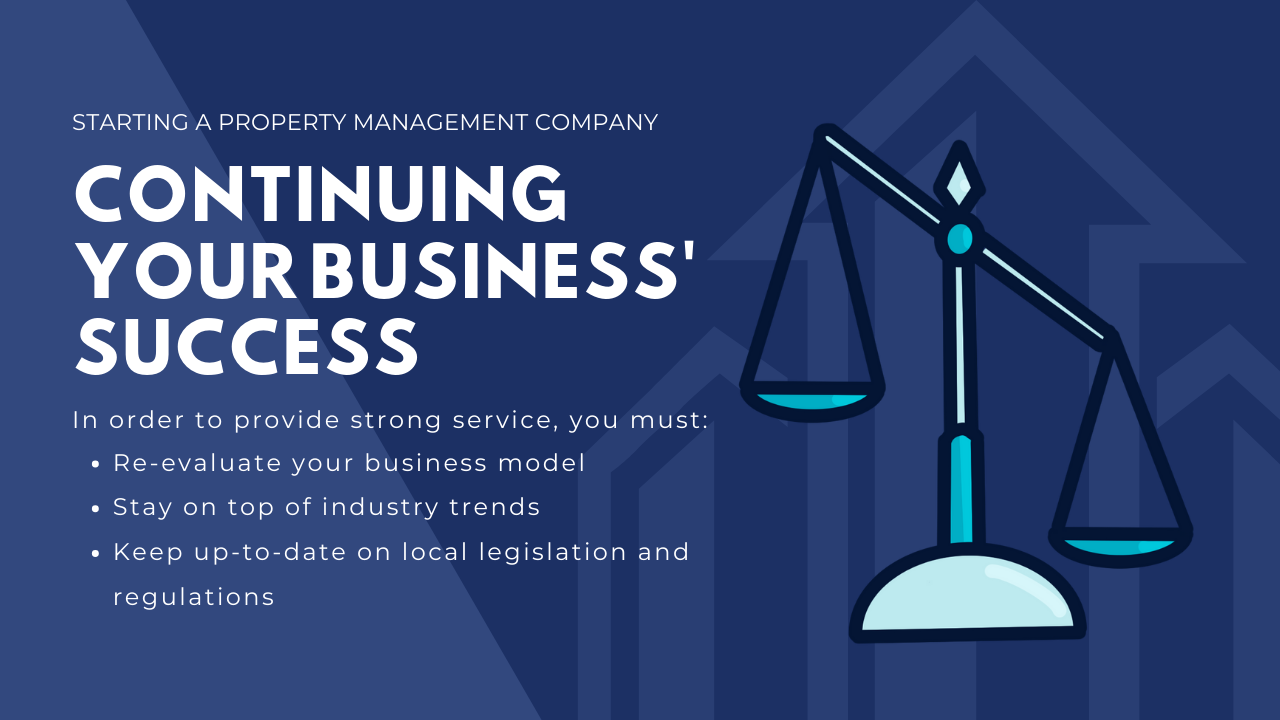
For example, one crucial aspect of property management is making sure that the homes under your care are being well maintained and kept in the best condition possible.
Make sure that you are responding to maintenance requests quickly and making repairs when needed. Put the work in to create good relationships with reliable contractors.
Start doing frequent inspections of the properties that you manage, as this can help you identify any small problems early before they turn into larger, more costly repairs down the road.
By prioritizing high quality services, property managers can stay ahead of other companies by providing true value to their clients.
Once your clients realize how much the income from their investments has been increased by your services, they will be more inclined to recommend your company to others.
The Bottom Line
At the end of the day, starting a property management company in Georgia requires a lot of hard work and strategy to pull off.
First, you have to make sure that all of the basics have been sorted out before you even touch your first property.
You have to be able to plan for the future of your company in order to set it up for success in the long run, and you have to familiarize yourself with your local market in Georgia so that you can feel confident in your business decisions going forward.
After the planning stage, you will be tasked with the real leg work of property management. But first, you have to get some clients. Gaining clients requires you to put yourself out there and network within the community of real estate professionals.
You will also need to know how to handle your competition in the area. Georgia has hundreds of property management companies, so why should prospective clients choose yours? What makes yours special?
Then, you will need to make sure that the quality of your services is worth the fees that your clients are paying. This is the best way for you to grow your business.
In order to make a property management company in Georgia truly succeed, you need a lot of determination.
However, to experience growth over time, you will need a solid marketing strategy. If you are looking for someone to guide you as you reach new audiences with your company, Upkeep Media is here to help. Contact our team today!



